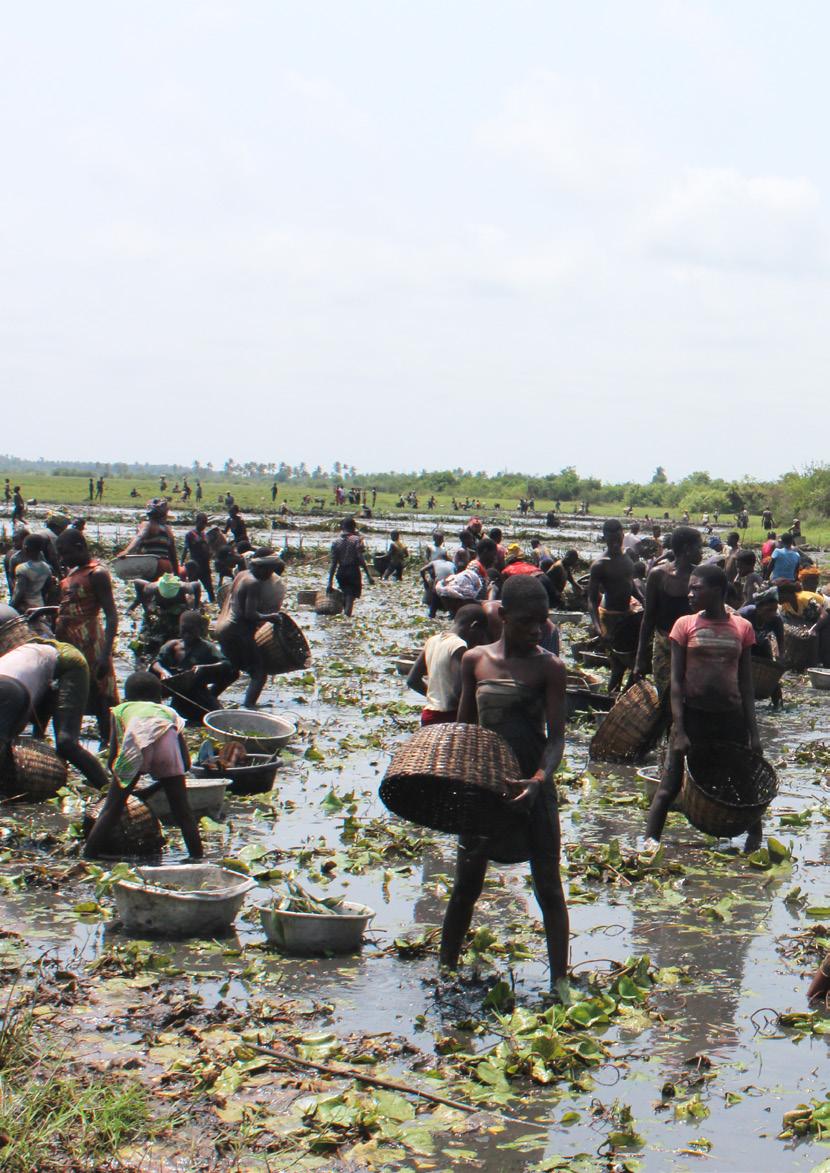
1 minute read
IMPACT Putting Grantee Research into Use
by IFS
IFS’s Vision is for scientists in the Global South to contribute fully to a global research community committed to reducing poverty and supporting sustainable development nationally and regionally. It monitors realisation of its Vision through a number of output- and outcome-related metrics, including:
> Increased numbers of early-career Global South women and men scientists supported
> Increased support per scientist, in terms of grant support, mentoring and capacity-enhancing activities
> Increased numbers of publications, including in high-impact journals
> Improved research and research-associated skills, including organisational, communication and interpersonal skills
> Greater translation of research into use, through involvement in evidence-based decision-making and uptake of science, technology and innovation by society
> Improvements in science literacy, via the development of research communities, including Alumni Associations, and
> Improved career pathways.
Grantee performance is monitored through project reports when the grant is finalised. These consist of a scientific report of the grant progress, any scientific publications that are a direct outcome of the IFS grant, and responses to an online questionnaire called a Project Completion Form (PCF). In the PCF, grantees are asked to answer more detailed questions regarding any more “indirect” results of the IFS grant, e.g., the number of colleagues and students that benefitted from the grant, any promotion, scientific networking, or additional funding obtained.
The PCFs capture early-career scientists’ self-assessment of how their skills have developed due to IFS support; the PCFs also facilitate assessment by scientific peers of grantee development as researchers. Data are analysed to identify aspects of research grant support and complementary activities that can be improved to better support research capacity enhancement and validate the assumptions underpinning the approach. In addition, IFS conducts periodic country-wise surveys with grantees to better understand their research and career achievements.
Mr Délagnon Assou: Ichthyological communities in Togo’s coastal lagoon system: Diversity, ecology, and exploitation.
Fisheries are an essential natural resource for the Togo national economy, and a significant income-generating activity for many households living around these resources.
Fishing by local communities in shallow areas after flooding.









